Notes on the Social Democratic Party Conference
Upon arriving at Church House, I was asked for my name so I could receive my pass. I wasn’t on the list. After a few brief minutes, assuring the two very kind activists working the reception that I wasn’t a militant infiltrator, it turned out that I was on a completely different list – the VIP list. Jesus Christ, I thought, the Conservative Party never gave me a VIP pass!
Making my way up the stairs to the conference hall, I walked in on the SDP membership voting on various motions; policy proposals that may or may not be adopted into the party platform. The Labour Party is hated for a variety of valid reasons; I would know, I tend to hate them for such reasons myself. That said, one of the benefits of being a Labour member, compared to being a member of the Tory Party, is the ability to influence policy through voting. Unfortunately, it comes with a catch: sharing a party jampacked with gay race communists.
Conventional wisdom tells us that we cannot have our cake and eat it, but the SDP provides a pretty compelling counterargument. You can have a democratic party, one which gives people some degree of political influence in exchange for paying the membership fee, without having to contend with smelly environmentalists and minority-interest bandits.
Just before he started his speech, Clouston made an offhanded remark about his reputation for soft-spoken oratory; a huge relief, given he isn’t an exciting speaker. That’s not a bad thing, by the way. On the contrary, it shows Clouston is self-aware which is a good thing… a very good thing. The last time a quiet man decided to “turn up the volume” everyone wanted him to shut up.
For clarity, there is a difference between an exciting speaker and an engaging speaker. The former concerns form whilst the latter concerns substance, and there was plenty of substance to his speech, both in terms of delivery and content. Clouston knows he’s a natural priest, and there’s nothing more off-putting than a priest who tries to be exciting. As such, Clouston stuck to what he’s good at: giving clear, methodical, and authoritative sermons, dictating the creed to the congregation, plucking quotes from the writers and leaders of bygone ages like prophets from the Old Testament; an Apollonian counterbalance to the Dionysian rabble-rousing of the chain-smoking, ale-chugging Nigel Farage.
And what was this creed, exactly? What was he cooking? “Vote positively” (if you believe in something, vote for it; that is, participate in democracy), “don’t vote Tory” (self-explanatory, in more ways than one), “don’t vote for anyone who doesn’t know what a woman is” (it’s certainly preferable to the alternative), “elect national leaders not charity workers” (Leeds is more important than Lagos), “don’t divide us” (stop being anti-white and turning Britain into a low-trust hellhole), “support conviction politicians” (hear, hear), “trade deficits matter” (HEAR, HEAR), and consider standing for election (we’ll get to this).
Of course, Clouston wasn’t the only speaker. Rod Liddle gave an unreservedly pro-Israel speech, whilst Laura Dodsworth outlined the dangers of social engineering. Graham Linehan was brought out for his regularly scheduled post-cancellation rehab session. Hugo de Burgh, who really should get into voice acting, gave a good speech on the long-term consequences of short-termist politics. In other words, there was something for everyone, it wasn’t half-a-day of “The Left Have Gone Quackers!” and such.
In-between speeches, it was abruptly announced that the SDP had received £1,000,000 from an anonymous donor. I could be wrong, but I’m guessing it was Paul Marshall. My evidence? First: I suspect the SDP is too dirigiste for the likes of Jeremy Hosking, even if he enjoys the so-called culture war aspects of contemporary politics. Compare this to someone like Marshall, who stood for parliament in Fulham in 1987 as an SDP-Liberal Alliance candidate and has provided support to organisations like UnHerd and the Alliance for Responsible Citizenship.
Second: Marshall’s son was on one of the panels. Winston’s contributions largely revolved around wanting to do stuff, rather than talking about doing stuff. Too right! Pontification only get us so far. Eventually, reality itself must be confronted as it is. Best not to waste your courage on fixing problems made in your own head, so to speak.
Still, discussions, forums, debates, etc. all have their place, and were present at the conference in addition to stand-alone speeches. Ross Baglin’s comments on the civil service were particularly welcome, as were his caveats to proposed fix-all technical solutions. As I have stressed to people many times, the political aspect of politics cannot be denied; the sooner we normalise viewing the civil service as a political problem, rather than some technical banality to be tolerated as part of British civic life, the better.
Of course, as Baglin also pointed out, this partially relies on conservatives developing a politicised frame-of-mind, overcoming their instinctual tendency to pursue an undisturbed life. Indeed, this has been a challenge in the past and remains a challenge now, but it’s evident that right-wing ideology, having been pushed to the periphery of public acceptance, has also attracted a large contingent of anti-establishment dissidents. Instinctually open-to-experience and somewhat contrarian, most have no interest in leading a depoliticised existence. Any party prepared to meet them half-way is sure to benefit.
However, despite the varying merits of the aforementioned, one could sense Matt Goodwin’s speech was the most anticipated, actualising in the most explicit form of praise one can receive on such occasions: a standing ovation. Concluding the SDP’s diagnosis of contemporary British politics was correct, and the consensus of the British public could be found in the party’s manifesto, Goodwin reassured members the only thing between their policies and a political breakthrough was a matter of publicity.
Goodwin covered the bases you’d expect him to cover. Left-on-economy good, right-on-culture good, CRT is divisive, Gary Lineker is a libtard (please keep in mind, dear reader, that I am paraphrasing quite a bit). Goodwin’s insistence on using the term “political correctness” instead of “woke” – apparently, 95% of British people understand what the former means, compared to roughly 50% for latter – was a pleasant surprise, as was his call for total war against Britain’s public institutions and political duopoly.
I shan’t hash out all of my contentions with everything that was said at the conference as they’re mostly theoretical points – that is, not specific to the SDP or even party politics in general – and deserve their own piece, if anything at all. Nor shall I conclude with my thoughts on what the SDP should do going forward. Like a corporate multinational stooge, I have outsourced such menial, unpaid labour to a young SDP activist, whose perspective is surely more valuable than anything I can provide here.
Instead, I shall conclude with this: the last of Clouston’s eight points won’t be for everyone. For many, building a house and/or writing a book is obviously preferable to running for Parliament. However, if there is an SDP candidate standing in your area, and your MP isn’t Sir John Hayes or someone of reliable calibre, it wouldn’t hurt to support them (assuming you’re not planning to stay at home on election day).
Putting aside the hang-ups one might have with the party’s chosen aesthetics, rhetoric and sloganeering, the SDP platform isn’t half-bad: protecting civil liberties, civil service reform, bringing now-foreign-owned industries and assets back under national control, and a generational pause on immigration is preferable to the prevailing consensus of mass servitude, debt, and immigration. One activist described the party platform as “Singapore mixed with Blue Labour.” Indeed, it’s unconventional; like ordering a bowl of rice to go with your lamb and mutton. An acquired taste, for sure. Possibly in need of some refinement, at least according to some. Nevertheless, there are objectively worse options on the menu. Zimbabwe mixed with Judith Butler, for example. Human flesh served with… human flesh.
This isn’t so much an endorsement as it is a request to keep an open mind. As Barry Goldwater once said: “Extremism in the defence of liberty is no vice and moderation in the pursuit of justice is no virtue.” Similarly, conventionality at a time when national self-harm is standard procedure isn’t patriotic. When faced with such dire circumstances, a good dose of unconventionality may very well be in order, especially at the ballot box.


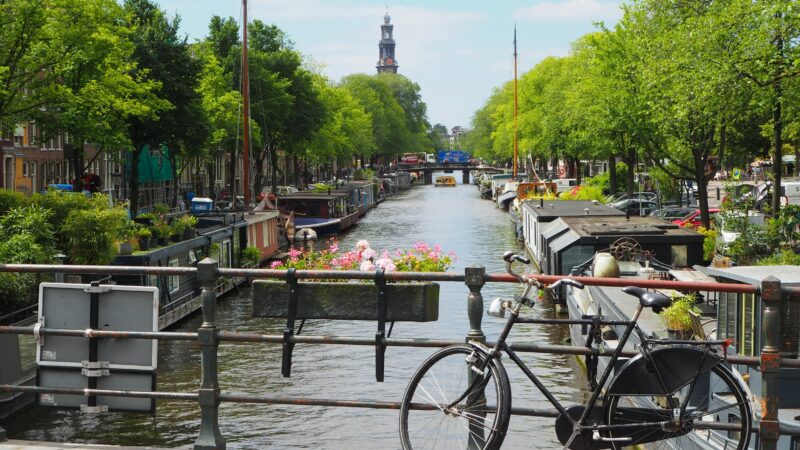

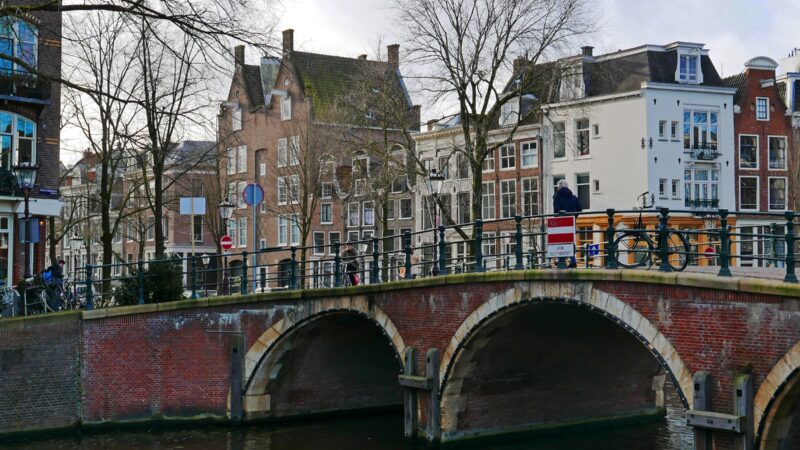


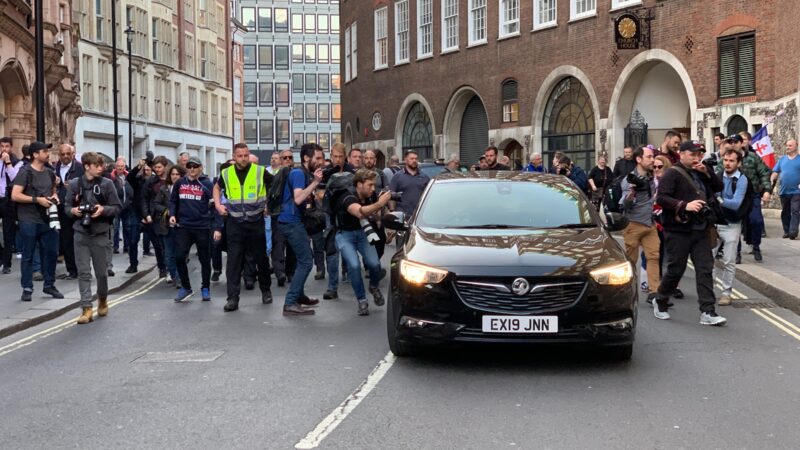
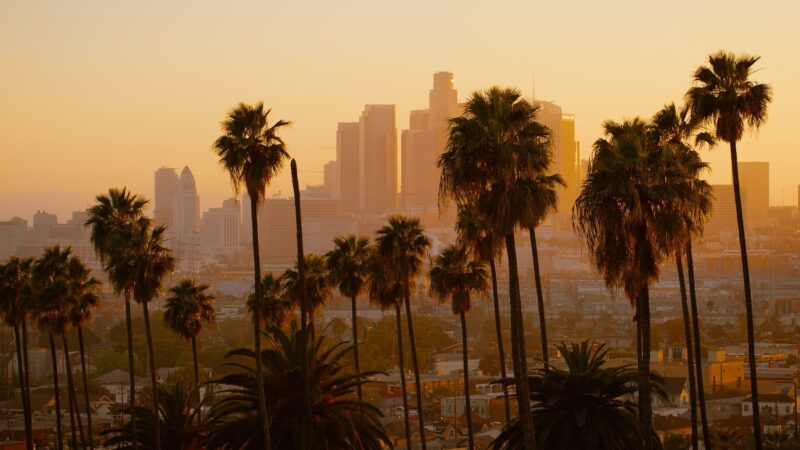
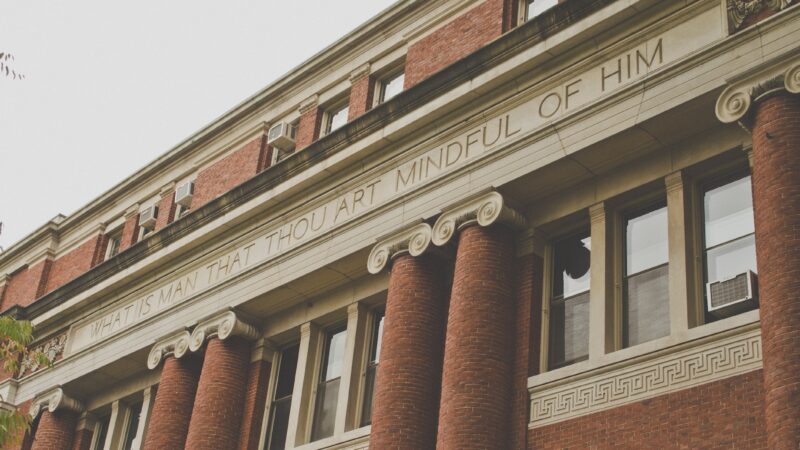
When Celebrities talk Geopolitics
“There are a lot of people that are afraid, that are afraid of being Jewish at this time, and are getting a taste of how it feels to be Muslim in this country.”
Oscar-winning Susan Sarandon’s comments at a pro-Palestine rally in New York saw her dropped by her representatives, United Talent Agency. Sarandon is far from new to activism and politics, having spent her many decades in the spotlight discussing various issues. It seems that this time she may have gone too far, judging by the reaction of UTA.
The newest development in the ongoing conflict between Israel and Palestine/Hamas has captivated the world, from the United Nations to local councils. Governments at all levels across every country have voted on ceasefires, because county councils apparently have a lot of say in geopolitics.
What is arguably even more prominent is the input of our entertainers. One can easily browse X or Instagram for a few moments and find a litany of celebrities who have given their views on the conflict. As a general rule, said celebrities have called for a ceasefire. In response to conflict, calling for a ceasefire is treated as the obvious response- it’s easy to say, you don’t sound too partisan and it’s essentially saying you just don’t like war. Any more nuance than that isn’t really expected of anyone.
At the end of one such open letter, those who signed it stated that “the United States can play a viral diplomatic role in ending the suffering.”
The United States probably can, yes. Celebrities? Not so much.
Celebrities like to use their voices to amplify issues, from war and presidential endorsements to abortion and LGBT rights. One only has to look at the star-studded events held by Hillary Clinton in 2016 to see how celebrities gravitate towards politics. Considering Clinton boasted guests like Katy Perry and Beyoncé, it’s plain to see that it’s a voice politicians accept. You’ll find celebrities using social media, posting blacked out squares on Instagram in an apparent promotion of Black Lives Matter. Perhaps they’ll wear a pink hat to protest anti-abortion legislation.
They are well within their right to do this, as we all should be. They also generally reside in the country in which they protest. The issue, however, comes when celebrities meddle in geopolitics.
The conflict in the Middle East is not an easy one, despite claims to the contrary. It involves years of religious and ethnic fighting, controversial borders, terror, violence, and bloodshed. The sides cannot, and often will not, agree to terms. So precious is Jerusalem to religious groups that conflict in its holy sites is far from rare. Saying ‘oh let’s have a ceasefire’ may stop a few problems in the short term, but it’s not a permanent stop to generations of problems.
Most notably, celebrities may have a say in their collective fan communities, but they do not have any influence on geopolitics. Even Joe Biden, who the aforementioned open letter was directed at, did not listen. Meanwhile, both Palestine and Israel are doing what they believe they need to do to survive. Hamas is doing what they believe they need to do to eradicate Israel. They are not going to listen to someone with an Oscar nomination or a Top Ten song.
That’s not to say that we shouldn’t speak out about issues because we feel it won’t influence things. Celebrities have the right to talk about the conflict, but let’s not pretend that we should care what they think or that it has any influence on anything. Most of us- celebrities and normal people- do not have the expertise to properly understand the situation. We can take a moral stance, but let’s not pretend that celebrities are necessarily informed.
The action, however well intentioned, is almost always performative. Celebrities allow themselves to be almost bullied into saying something, anything, by fans so that they’re not cancelled. Look at Taylor Swift. Her platform and wealth are equally large, so much so that her general lack of political inclinations is met with side-eye at best, and boycotts at worst. We expect celebrities to act as moral leaders and arbiters, to the detriment of real discussion.
Perhaps one day we won’t expect celebrities to be geopolitical experts. Perhaps one day celebrities won’t feel the need to ensure that their views aren’t the most important in the room. Much as COVID and January 6 turned people into armchair experts in virology and treason laws, the conflict in the Middle East has made us all experts in international relations.
Celebrities, continue calling for ceasefires if you wish, but don’t expect Benjamin Netanyahu and Hamas to take you up on your advice.
Photo Credit.